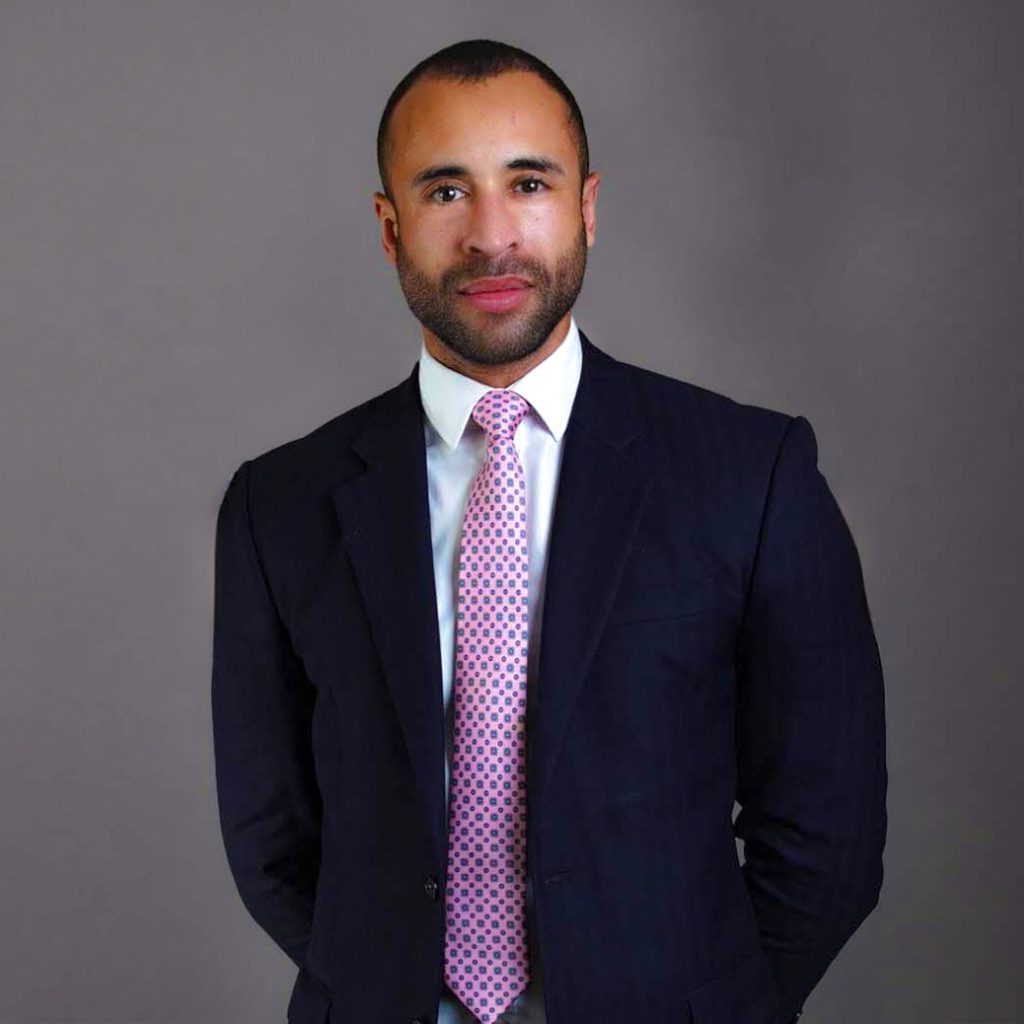BY JUSTIN GYPHION, BOARD CHAIR, MULWADE FOUNDATION

OK. It’s a truism to say that the benefit of hindsight is a wonderful thing. We’ve all heard it before, right? Which makes it even more frustrating to observe that some of the most influential individuals at the very forefront of British politics have utterly failed to shake off the dusty ignorance of Britain’s past record when it comes to diversity, equity, inclusion and belonging. It is a dark day indeed when the Prime Minister needlessly attacks some of our community’s most vulnerable people, whilst his policy agenda covertly seeks to roll back the hard-fought rights so many members of the LGBTQIA+ community have so desperately struggled for over the years. And then we come to the high office of UK Home Secretary, a post held by the daughter of immigrants who somehow manages to elevate fears around mass migration into the sort of rhetoric that barely retains plausible deniability when it comes to racism. But she is wrong. Multiculturalism will only fail if we give in to bigotry, hate and fear.
It’s fair to say that the Tory party conference did not herald the best of starts to Black History Month. I find myself wondering whether I might have been fooled into thinking that the last decade has seen an increasingly open-minded, tolerant and accepting society by virtue of some strategically placed non-white faces in high profile, public facing roles. The answer, of course, is a resounding no… I mean, it’s not as if the ‘No Irish, No Blacks, No Dogs’ signs are once again occupying the windows of select London’s B&Bs, as they did in the 60’s.

When my parents got married back in 1976, my mum’s father (of classically Anglo-Saxon white heritage) felt it was appropriate to call my father’s parents (both first generation immigrants from St. Anne’s Bay in Jamaica) to a meeting. The purpose of that meeting: to discuss how they would handle the ‘situation’, the ‘situation’ being a practically unheard-of interracial marriage, and of course the inevitable fallout and accompanying embarrassment to the family it would cause. And people say gay men bring the drama?!
Fast forward to today and there are generations of young people who have seen their previously hardline parents not only accept, but eventually welcome, their children’s partners from other backgrounds, which must have seemed like the most improbable of miracles in the 70’s, as they sat there discussing the ‘situation’.
I’ve always loved history. I love the perspective it brings and the progress it charts. I’d even go so far as to say that I don’t believe we can move forwards and evolve as a society without first knowing who we are and where we come from. If it’s true that it’s the victors who get to write their own history, it shouldn’t come as too much of a surprise that those who previously subjugated people of colour might wish to diminish, erase even, the part Black people played in making Britain great. We must learn from the mistakes of our past and listen closely to the lessons history is so desperately trying to teach us, irrespective of the attempted white-washing of an earlier Black Britain, if we are to fully flourish. Celebrating our differences and experiencing a rich blend of cultures is what I think makes Britain truly great, with Black History Month being an important opportunity, not only to commemorate and acknowledge past inequities and mistakes, but to demonstrate and celebrate the great strengths that are born out of a diverse society and to chart our progress, notwithstanding there is more work to be done.
It was around 15 years ago that I properly considered the concept of Black history – surely history was just history, and there were simply fewer people of colour until 1945, which saw the end of the Second World War, after which the call went out to the people of all Commonwealth nations to come here and help rebuild post-war Britain? What I found out subsequently was surprising, and it still amazes me that the national curriculum contained absolutely nothing on Black history until 2022. Sure, you might have heard about the release of the inspirational ex-convict / terrorist Nelson Mandela, for example, which is kind of good. But for a very long time we have been missing the opportunity to tell the whole truth, which is that, from Roman times onwards, Black people have been an integral part of Britain and its society. It’s great that we’re now teaching these things in schools, because it’s time to acknowledge that Black history in Britain did not start at around about the time of the arrival of the Empire Windrush. In fact, Windrush was just a very small chapter in a much larger, deeper and sometimes darker history in Britain.
At the Mulwade Foundation, we celebrate diversity in all its forms. Sex, gender identity, sexual orientation, race, ethnicity, religion, disability and socioeconomic status are part of the vibrant, rich tapestry of Britain.
Whilst in England HIV transmission rates have plummeted in the past 10 years (from over 117,000 new diagnoses in 2013 to just 3,805 this year) that is still 3,805 too many. The global picture remains severe – it is an ongoing epidemic that cannot be ignored, with an estimated 1.3 million new diagnoses worldwide in the most recent 2023 data release from UN AIDS. A few more interesting statistics point towards something altogether more sinister, which I hope will give you food for thought long after you finish reading this.
In 2022, approximately 4,000 adolescent girls and young women aged between 15–24 years became infected with HIV globally every week – undeniably a staggering number. But in this Black History Month, please consider an even more harrowing number: of those 4,000 new weekly infections, 3,100 occurred in sub-Saharan Africa (that’s 77.5%). Globally, just 7.7% of HIV prevalence in adults (aged 16 – 59) was found amongst gay men (or other men who like to have sex with men). In 2021, of the 798 heterosexual people diagnosed with HIV in England, 37% were of Black African ethnicity.
Neither the passage of time nor the benefit of hindsight have helped us to reach the conclusion I draw from the data, which is that HIV transmission is much more of a race issue than a gay issue, notwithstanding what mainstream media and some lingering 1980s doomsday-style sentiment might have us believe. Despite that, I am here to tell you that it really doesn’t matter to me, in the sense that we do not discriminate when offering support to those in need through the Foundation.
Wherever you’re from or however you identify, you may know someone, or be someone, with a Mulwade story. Remember, we are here for you. For more information, and for support, education and guidance, please visit mulwadefoundation.com or check out our socials.
